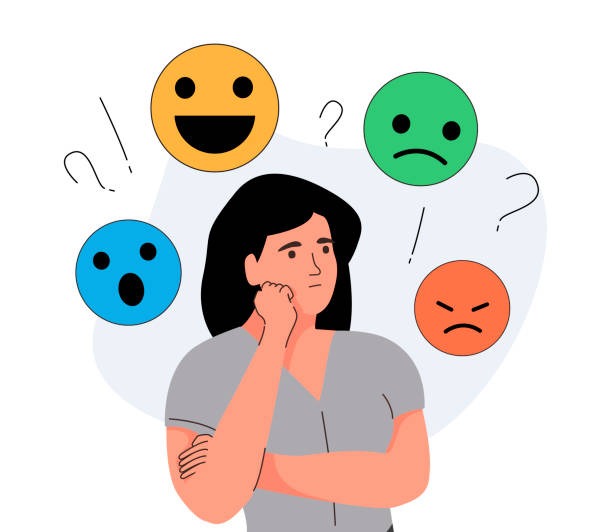Hormonal imbalance is a fairly common issue that affects most women, and it could mean several things. It could just be a mild imbalance or an endocrine disorder.
There are around 50 different types of hormones in the body which all make up the endocrine system. These hormones regulate various bodily functions, including metabolism, mood, reproduction, energy levels and even the sleep-wake cycle.

“When hormones are out of balance, it can lead to a range of symptoms that affect both physical, mental and reproductive health,” said Dr Shivani Chandan L, Consultant, Obstetrics & Gynaecology, Aster RV Hospital.
COMMON SIGNS OF HORMONAL IMBALANCE
One common sign of hormonal imbalance in women is irregular menstrual cycles. Changes in the length, timing or flow of periods can indicate disruptions in hormone levels.
Dr Chandan said that women may also notice changes in their skin, such as dryness or excessive oiliness, alongside experiencing difficulty in sleeping and struggling with fatigue.
“If you pay attention to these signs and symptoms, a healthcare provider can perform tests to measure hormone levels and identify any underlying causes. Treatment options for hormonal imbalance include lifestyle changes, hormone therapy or even medications in certain cases to help restore balance,” said Chandan.
IMPORTANT VITAMINS FOR HORMONAL IMBALANCE
Nutritionist Dr Soumita Biswas said that while hormonal imbalance can result in many symptoms including major stress and PCOS (polycystic ovarian syndrome), balancing them out is possible with the right nutrition.
Vitamin D: Vitamin D controls the production and activity of estrogen and progesterone to keep these hormones balanced. Its deficiency is common in women of the reproductive age group. Low vitamin D is associated with pregnancy problems and conditions that affect fertility such as PCOS and endometriosis.
Vitamin C: Vitamin C regulates cortisol and adrenaline hormones. Increasing vitamin C intake can improve immune function and help restore fertility for women. It also helps in restoring left ventricular function for postmenopausal women with low estrogen levels.
Vitamin B6: Vitamin B6 helps to keep the nervous system and immune system healthy. This vitamin is good for alleviating premenstrual syndrome (PMS), particularly mood swings.
Vitamin E: Vitamin E enhances fertility by increasing the blood flow to the arteries and increasing the thickness of the lining of the uterus. It also reduces cystic fibrosis of the breast, reduces PMS symptoms like hot flush, PCOD (Polycystic Ovarian Disease), and reduces menstrual discomfort.
